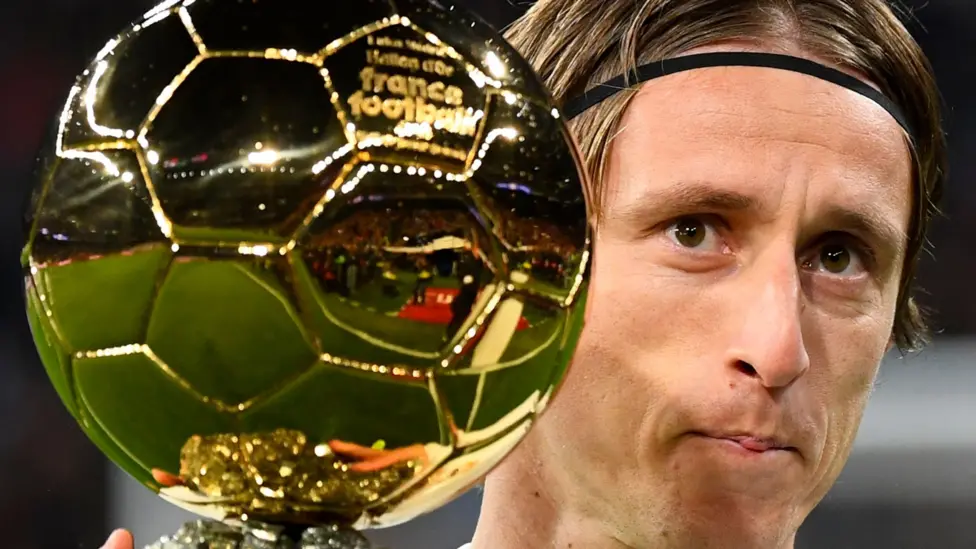
From Ballon d’Or to Boardroom: Why Luka Modric Chose Swansea City
Ballon d’Or winner Modric steps into the boardroom as Swansea’s new co-owner
If Luka Modric has made a name for anything over the past two decades, it’s seeing the game from angles others don’t—executing passes that no one else could even imagine. But in a surprising twist off the pitch, the Real Madrid maestro has now taken a step that no one, not even his closest fans, could have predicted: a move from Ballon d’Or winner to boardroom member at Swansea City.
Yes, you read that right. The 39-year-old Croatian midfielder, still donning the all-white of Madrid, is now a minority stakeholder in a Championship club nestled in the south of Wales. While he’s not swapping his boots for boardroom slippers entirely just yet, this quiet but ambitious pivot signals the beginning of something new for one of the modern game’s most celebrated figures.
How did Luka Modric land in the Swansea boardroom?
It turns out this move wasn’t as spontaneous as it might have seemed. Behind the scenes, Swansea City’s new ownership group, who took over at the Swansea.com Stadium back in November, had been crafting this opportunity for some time. Led by Brett Cravatt and Jason Cohen, the US-based consortium was looking for someone who could do more than just put money into the club—they wanted someone with true football gravitas. And who better than a six-time Champions League winner?
Once it became clear that Modric had an interest in club ownership—a trait shared with fellow ex-players like Thierry Henry, Cesc Fabregas, and David Beckham—Swansea made their move. A proposal was made, talks began, and the outcome, revealed without warning on a Monday evening, sent shockwaves through the football world.
The question still on everyone’s lips, though, is simple: why Swansea?
Why Swansea City?
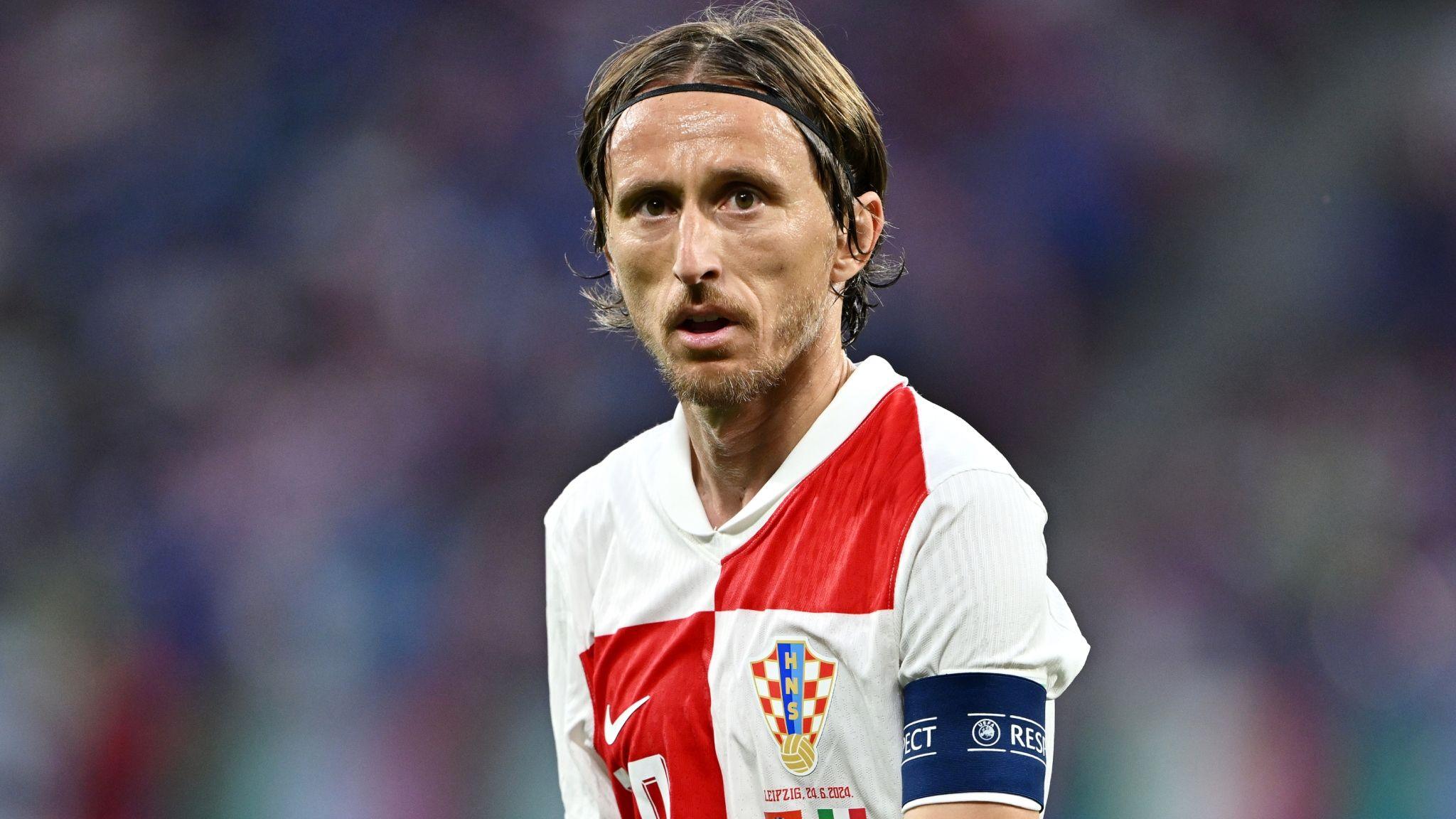
Luka Modric playing for Croatia
For now, Modric’s public comments on the move have been limited to those shared in Swansea’s official announcement, where he highlighted the club’s “strong identity, an incredible fanbase and the ambition to compete at the highest level.”
It’s not much to go on, admittedly, but perhaps that’s part of the intrigue. This isn’t a headline-grabbing investment in a glitzy American club or a strategic share in a top-flight European side. This is Swansea City—a team with a proud past, battling in the relentless grind of the Championship.
There are whispers, though, of deeper connections. Some suggest that Modric may have established a rapport with Swansea’s current board during previous business ventures or through mutual acquaintances. Others point to his brief encounters with the Swans during the 2011–12 Premier League season, when he was at Tottenham and Swansea were in their early top-flight resurgence under Brendan Rodgers.
Back then, Swansea made waves with their slick possession-based style—the “Swansea Way”—which resonated with football purists. It’s not unreasonable to think that a player like Modric, who has always revered the technical side of the game, might have quietly admired that ethos from afar.
From Ballon d’Or brilliance to Championship ambition
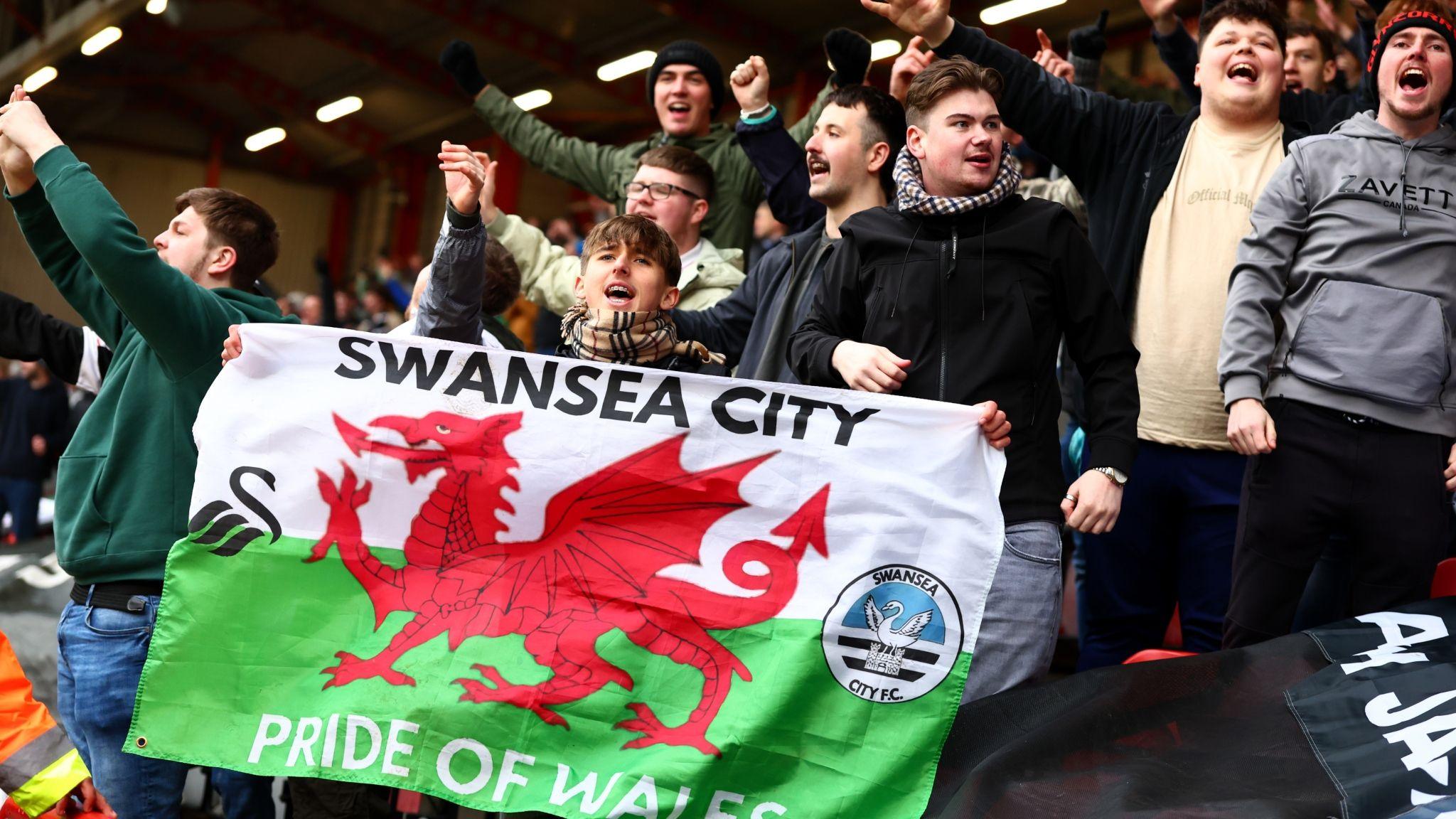
Swansea City fans with a Welsh flag emblazoned with club badges and slogans
Modric’s journey from Ballon d’Or winner to boardroom investor is part of a wider trend among elite ex-professionals seeking influence beyond the pitch. For Modric, who has already started building a portfolio that includes property and business interests, this could be a logical next step.
Yet unlike other high-profile investors, he won’t be a silent partner. According to Swansea chief executive Tom Gorringe, Modric has already expressed a desire to support the club in meaningful ways. He’s reportedly been keeping tabs on match performances and offering insights—a clear sign that he’s more than just a figurehead.
While newly-appointed director of football Richard Montague will retain control of recruitment and football operations, the club plans to draw on Modric’s experience when it comes to identifying and nurturing talent. After all, this is a player who’s worked under managers like Zinedine Zidane, Carlo Ancelotti, and Jose Mourinho—his footballing education is second to none.
Don’t expect Modric in midfield
Let’s put the romanticism aside for a moment: Modric will not be pulling on a Swansea shirt next season. His contract at Real Madrid expires this summer, and while speculation is swirling about what comes next, there’s no suggestion he’ll be lacing up his boots at the Swansea.com Stadium.
For now, he’s still focused on finishing the campaign with Madrid and possibly representing Croatia at one final major tournament. But his presence in the boardroom is symbolic—it shows he’s already planning for life after football, and he’s doing it in his own quiet, considered way.
What this means for Swansea
Exactly how much Modric has invested remains under wraps, and may never be made public. What we do know is that he has taken a minority stake and is now part of an ownership group that holds a 77.4% share in the club.
But Modric brings more than cash. In an era where commercial value and global profile are crucial, the Croatian icon gives Swansea a new edge. Just look at the numbers: Modric has 37.2 million Instagram followers—more than most Premier League clubs. When he posted about the investment, it gave Swansea a level of exposure they could never have paid for.
The hope, internally, is that this visibility translates into tangible benefits: stronger commercial partnerships, more attractive sponsorship deals, and even the ability to sway potential signings who may be intrigued by the idea of joining a club with a Ballon d’Or-winning board member.
And beyond the business side, the morale boost has been instant. At the club’s Fairwood training base, players have reportedly been buzzing at the thought of having Modric involved—however remotely.
A fan’s welcome to Modric
Perhaps the most heartfelt response to the news came not from the boardroom or the media, but from the fans. Steven Carroll, a lifelong Swansea supporter, penned an open letter to Modric that captured the emotion of the moment.
He welcomed him to “the capital of Welsh football,” reminding him of the club’s Premier League days and rich history. He spoke of legends like John Charles, iconic local treats like Joe’s Ice Cream, and beautiful spots like Rhossili Bay. But most importantly, he touched on what Swansea truly stands for—football with soul.
He ended with a cheeky offer: if Modric fancied swapping Madrid’s glamour for Swansea’s grit and seeing out his career in the Championship, the fans wouldn’t object. Jokes aside, Carroll’s words struck a chord. They reminded us all that football is still, at its core, about connection. And right now, there’s a growing one between a Croatian superstar and a Welsh city with big dreams.
Looking ahead
For now, Modric’s involvement is unlikely to drastically alter the course of Swansea’s season. But this move hints at something more long-term—a future where the club, armed with fresh perspective and global reach, might just edge its way back to where it once belonged.
And who knows? Maybe years from now, we’ll look back on this moment as the beginning of a new chapter in both Modric’s story and Swansea’s.
After all, if there’s one thing Luka Modric has always excelled at, it’s seeing the play before anyone else does.


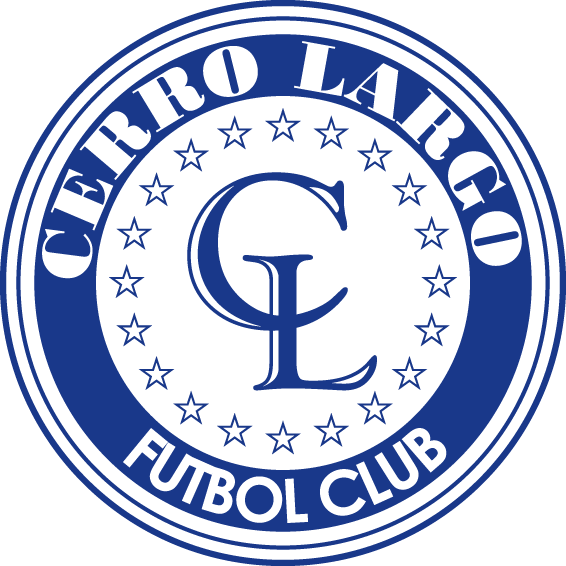



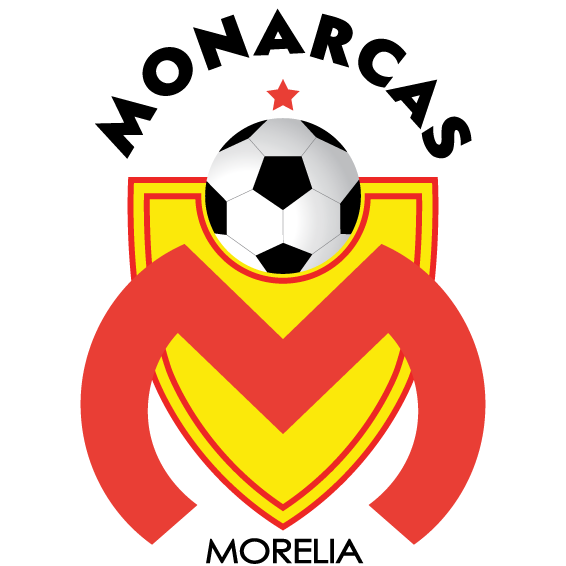
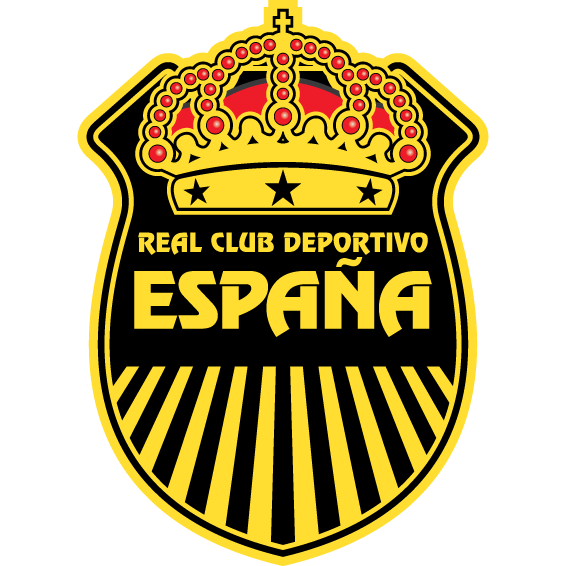




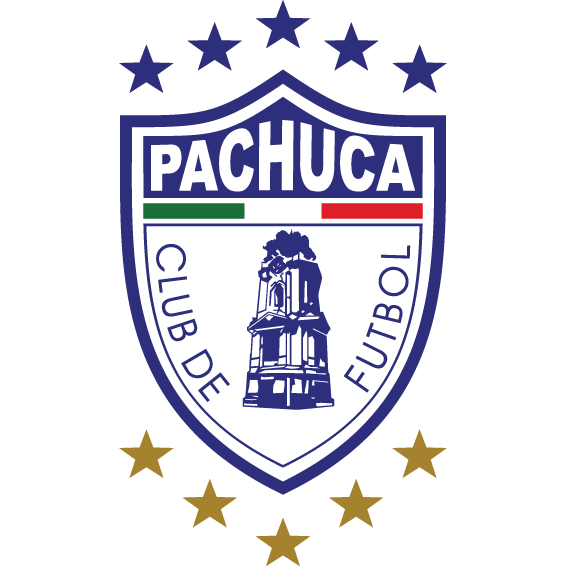
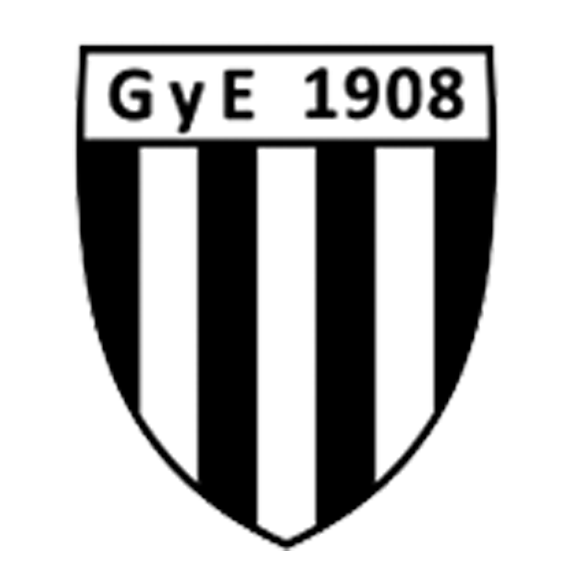

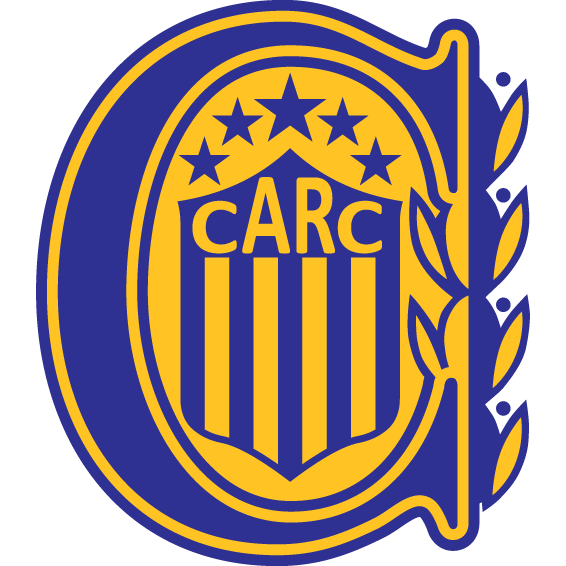



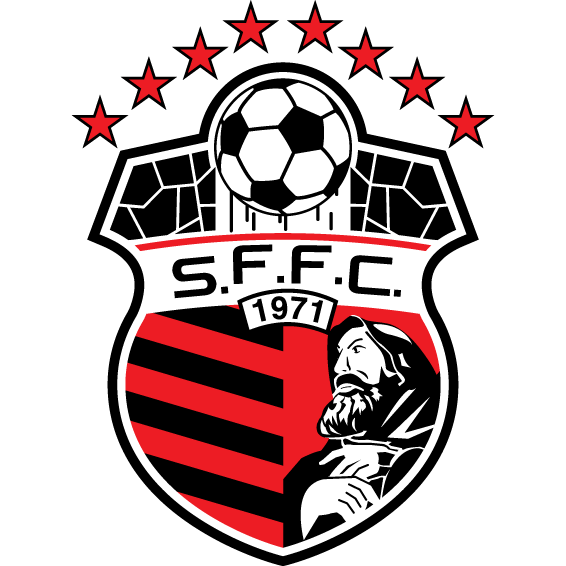
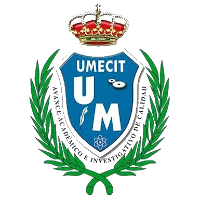




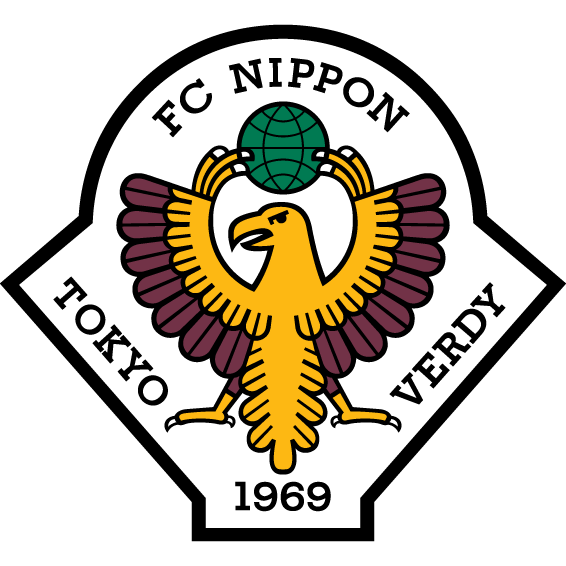

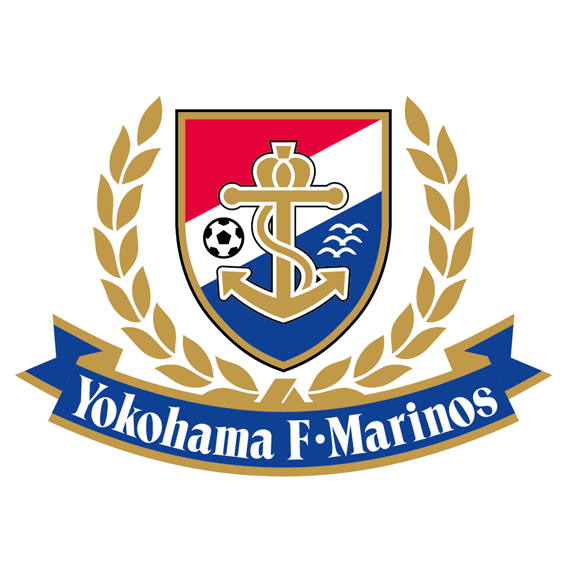
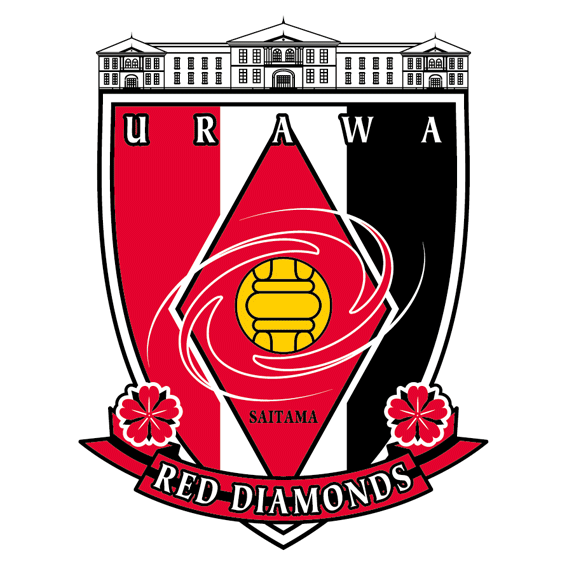

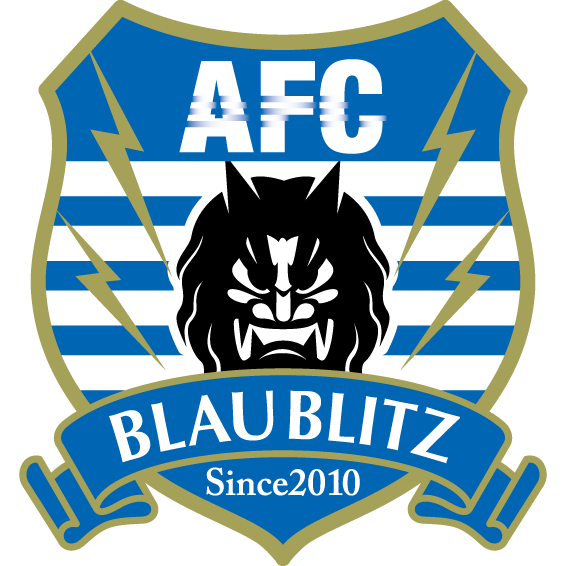




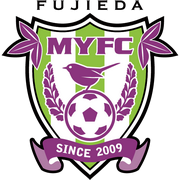
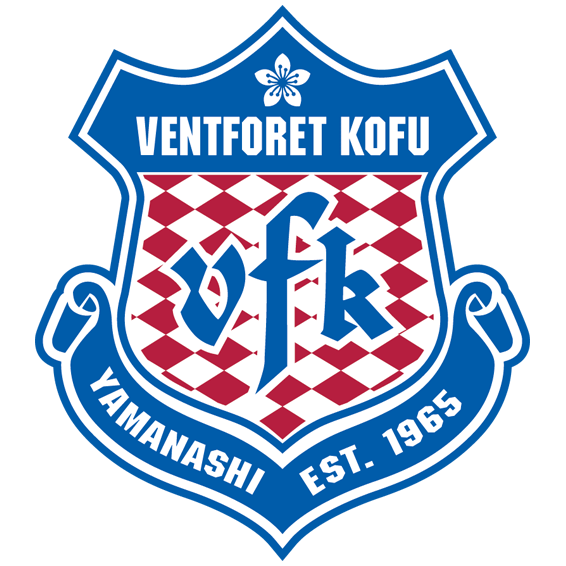







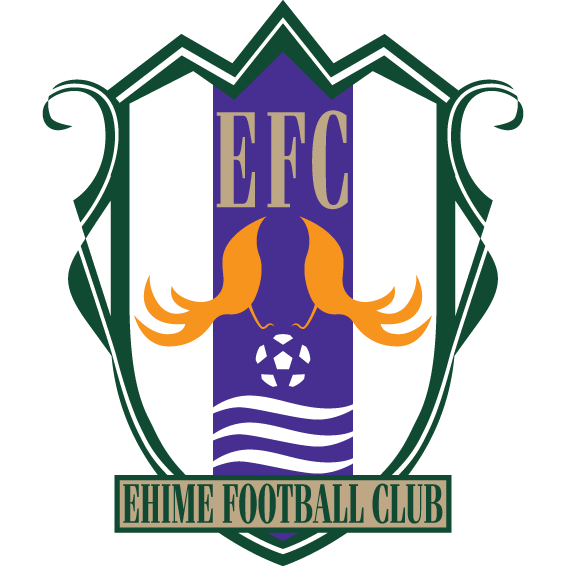

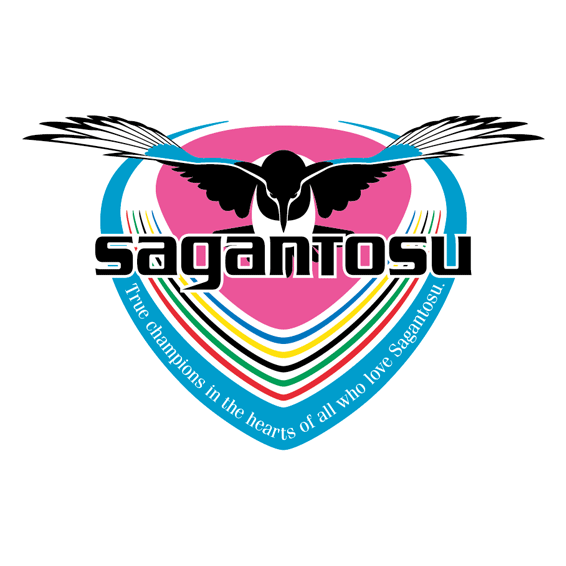























There are no comments yet. Be the first to comment!